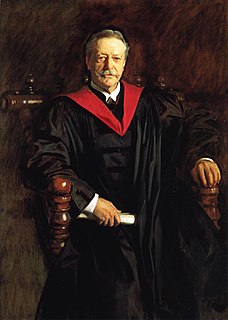A Quote by Jose Ortega y Gasset
Abasement, degradation is simply the manner of life of the man who has refused to be what it is his duty to be.
Related Quotes
According to the spirit of this age, the ultimate sin is no longer the failure to honor and thank God but the failure to esteem oneself. Self-abasement, not God-abasement, is the evil. And the cry of deliverance is not "O wretched man that I am, who will deliver me?" but "O worthy man that I am, would that I could only see it better"!
Every man, in proportion to his virtue, considers himself, with respect to the great community of mankind, as the steward and guardian of their interests in the property which he chances to possess. Every man, in proportion to his wisdom, sees the manner in which it is his duty to employ the resources which the consent of mankind has intrusted to his discretion.
Aggression is simply another name for government. Aggression, invasion, government, are interconvertible terms. The essence of government is control, or the attempt to control. He who attempts to control another is a governor, an aggressor, an invader; and the nature of such invasion is not changed, whether it is made by one man upon another man, after the manner of the ordinary criminal, or by one man upon all other men, after the manner of an absolute monarch, or by all other men upon one man, after the manner of a modern democracy.
A man who has the courage of his platitudes is always a successful man. The instructed man is ashamed to pronounce in an orphic manner what everybody knows, and because he is silent people think he is making fun of them. They like a man who expresses their own superficial thoughts in a manner that appears to be profound. This enables them to feel that they are themselves profound.
Independence is the recognition of the fact that yours is the responsibility of judgment and nothing can help you escape it-that no substitute can do your thinking, as no pinch-hitter can live your life-that the vilest form of self-abasement and self-destruction is the subordination of your mind to the mind of another, the acceptance of an authority over your brain, the acceptance of his assertions as facts, his say-so as truth, his edicts as middle-man between your consciousness and your existence.
Every man and woman in society has one big duty. That is, to take care of his or her own self. This is a social duty. For, fortunately, the matter stands so that the duty of making the best of one's self individually is not a separate thing from the duty of filling one's place in society, but the two are one, and the latter is accomplished when the former is done








































